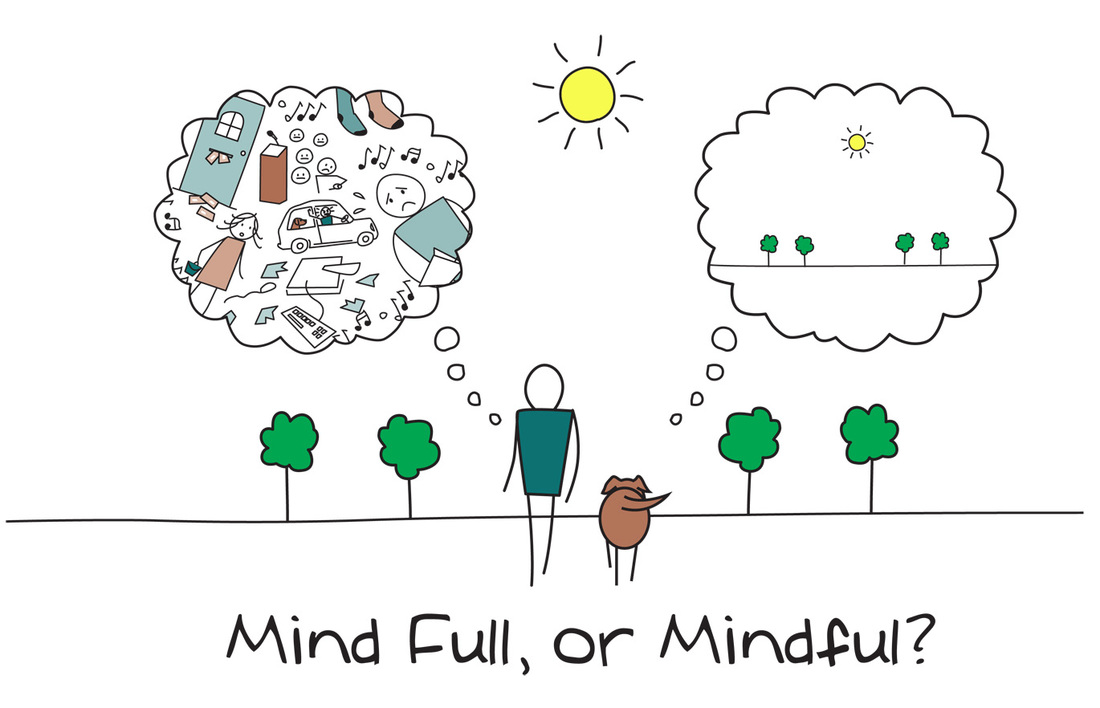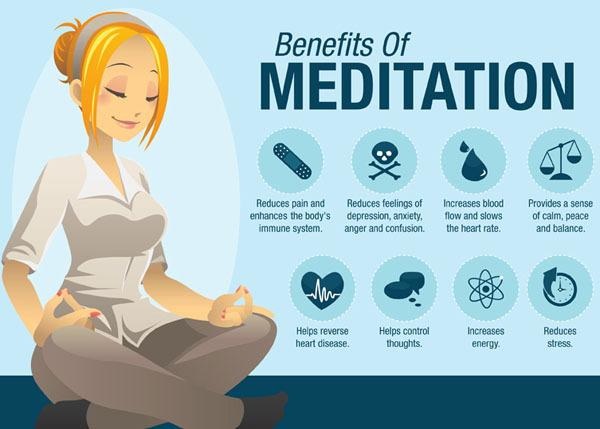What is mindfulness?
|
Mindfulness or meditation is about staying purposefully aware of the present moment. Instead of thinking about the past or looking ahead to the future, we focus on the current moment. The practice of mindfulness allows us to slow down, disconnect from our stressors and distractions and just focus on our breathing. The purpose is not to clear our minds of all thoughts, but to allow our thoughts to pass through our minds without judgement. The practice of mindfulness can help us to become aware of how our minds can wander from one thought to the next. It can help us recognize when we are engaging in thinking that is negative and self-destructive and help us learn to approach our challenges in life in a more calm and positive way. It can help us recognize the many small joys of life that we might otherwise miss because we are distracted by other thoughts.
Mindfulness can be practiced at any point in the day and for any length of time. It can involve sitting still and doing nothing or trying to be present in the moment as we do a routine chore, like washing the dishes. Mindfulness has many benefits for those who practice it regularly. |
What are the benefits of mindfulness?
|
Research shows that as little as 12 minutes of meditation a day can make positive changes to our brains and our health in just two months.
The benefits of mindfulness that are experiences by all people who practice meditation regularly include:
|
There are some especially important benefits for students:
|
Want to try mindfulness at home, but you're not sure how to start?
|
Don't worry; there's an app for that!
The following apps are all free ways to learn mindfulness at home in just a few minutes a day: |



